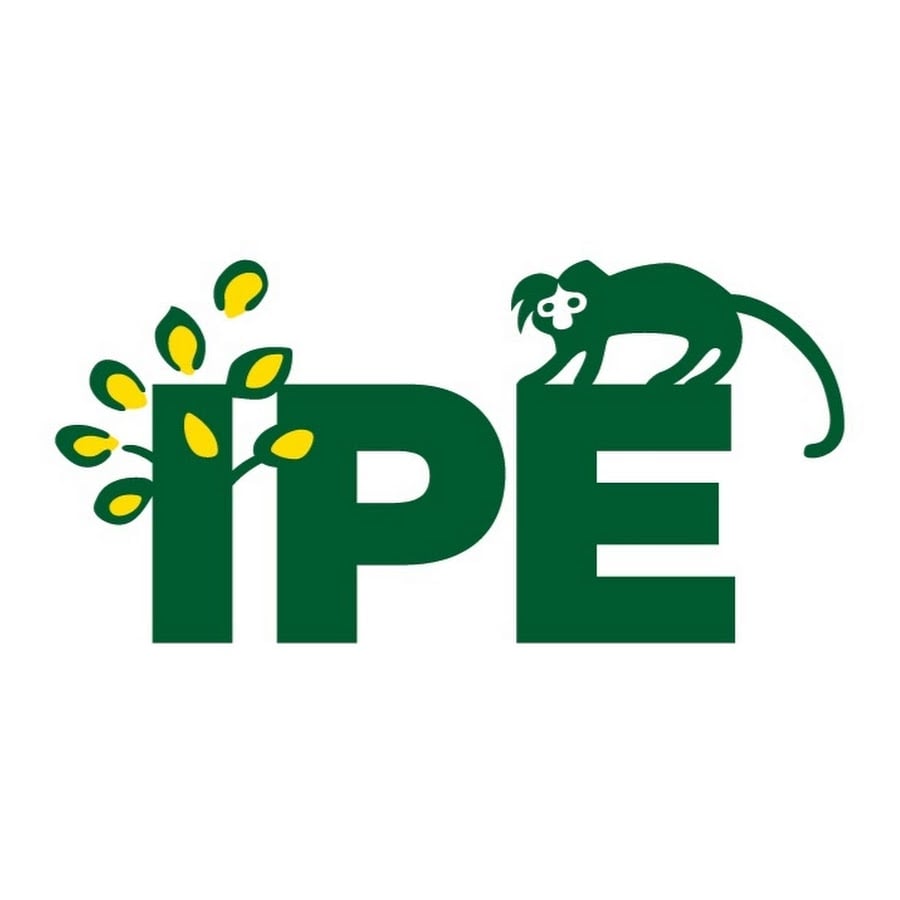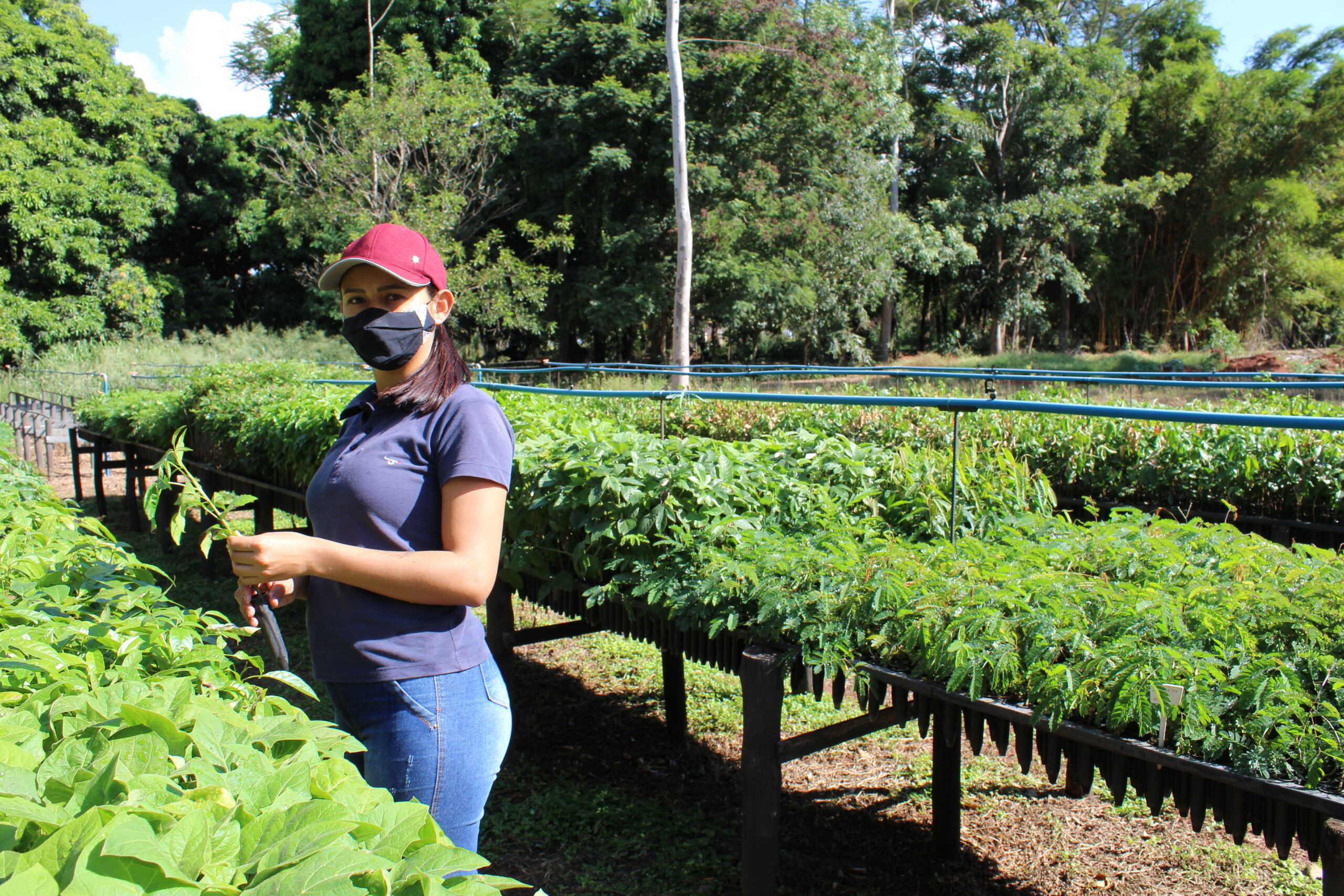::cck::795::/cck::
::introtext::
Five out of nine community nurseries located in the Pontal do Paranapanema region, closely tracked by IPÊ, are led by women. They are also the majority among workers. In total, among the 26 professionals in the nurseries, 15 are women. In 2020 these nurseries produced approximately 800,000 seedlings and 26 families benefited. The production potential, however, is almost double, and since the environmental liability in the west of São Paulo is 77,000 hectares, this can increase even more.
The female force is ahead from the collection of seeds to the moment of planting in the field. They are also responsible for sales. The production is sold to IPÊ, farmers, entrepreneurs, and city halls for reforestation.
Ivone Ribeiro Campos Félix, owner of Viveiro Floresta for 4 years, reveals the progress of the business and the next steps. “I started producing 17,600 seedlings per year. In 2020, the nursery produced 150,000 seedlings and the plan is to expand production. The goal for 2021 is to produce 300,000 seedlings and hire more professionals due to the booming market in the region”.
With the income from the nursery, she guarantees university education for her two daughters. “Peace, contribution to the environment, and my daughters’ graduation are the results I reap from my nursery”, she points out.
In her successful journey, she exalts two great teachers, her brother Valter Ribeiro Campos, pioneer in the area of nurseries in Teodoro Sampaio (SP) and the seedlings themselves. “With them I learned the germination time, which species like a lot or little water. Working with a nursery is a mix of work and rest because the plants give me so much peace. Besides, it’s exciting to see the seedling I planted turn into a tree in the restored areas”, she emphasizes.
 Maria Regina dos Santos (Photo) has also been standing out in the field. One and a half years ago, she set up the Mata Nativa nursery, where she employs an employee and produces 100,000 seedlings per year, from 85 species, including native and exotic (those that do not occur naturally in the area). At the moment, the nursery is under renovation to expand the planting area. Upon completion it will be possible to produce 250,000 seedlings per year.
Maria Regina dos Santos (Photo) has also been standing out in the field. One and a half years ago, she set up the Mata Nativa nursery, where she employs an employee and produces 100,000 seedlings per year, from 85 species, including native and exotic (those that do not occur naturally in the area). At the moment, the nursery is under renovation to expand the planting area. Upon completion it will be possible to produce 250,000 seedlings per year.
“My husband and I share the job of selling the seedlings. Now, collecting the seeds, planting and dealing with the seedlings are my responsibilities and I have the support of an employee. There are periods when work demand increases and I, sporadically, hire day laborers”, she clarifies.
Maria sells native Atlantic Forest seedlings to IPÊ, farmers in the region and even to rural producers from other states such as Goiás. Exotic seedlings, on the other hand, are sold in general to allotment owners in the urban area in Teodoro Sampaio (SP) and neighboring cities.
For over more than 20 years, along with the development of forest corridors in the Pontal do Paranapanema region, IPÊ has encouraged the formation of 11 forest nurseries and has been closely monitoring nine of them to this day. With the Community Nurseries project, it is possible to positively relate important issues such as: environment restoration, income generation, quality of life and food security for the community”, says Nivaldo Ribeiro Campos, an IPÊ technician. Most of the nurseries are constituted in the form of associations or cooperatives, but there are still private initiatives of farmers who have undergone free training from IPÊ.
::/introtext::
::fulltext::::/fulltext::
::cck::795::/cck::


